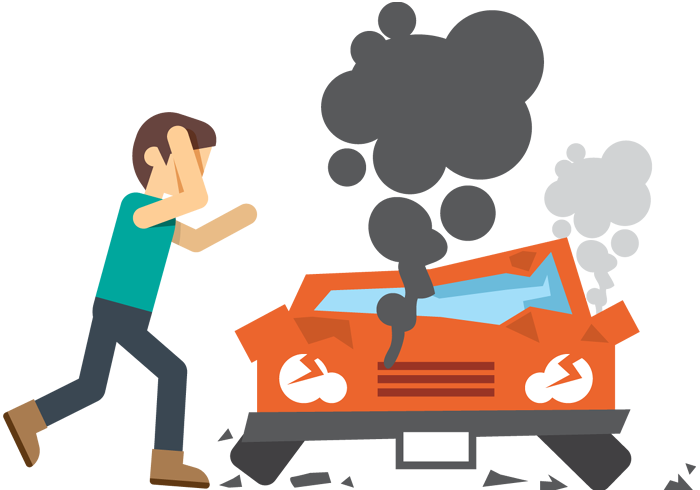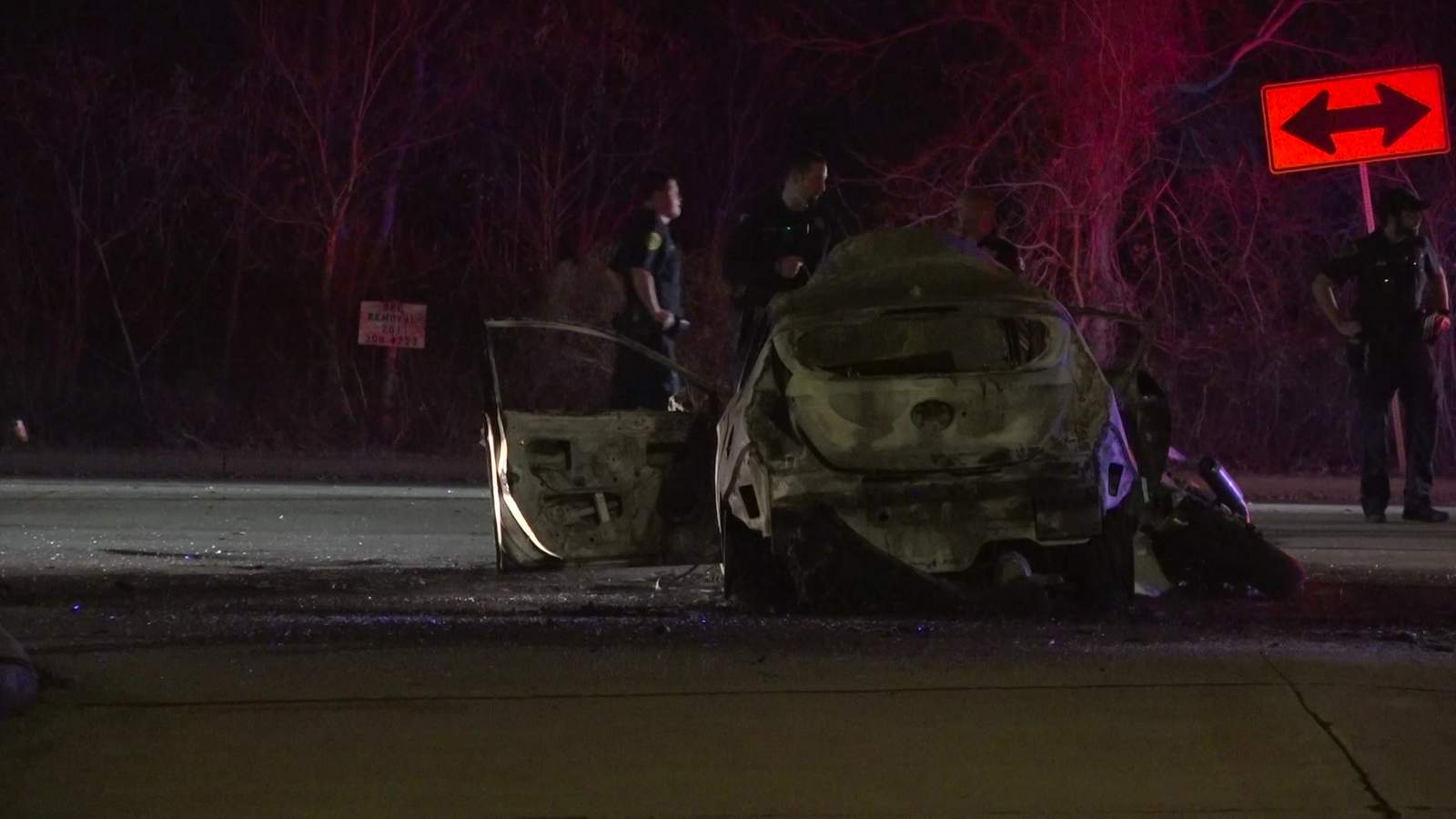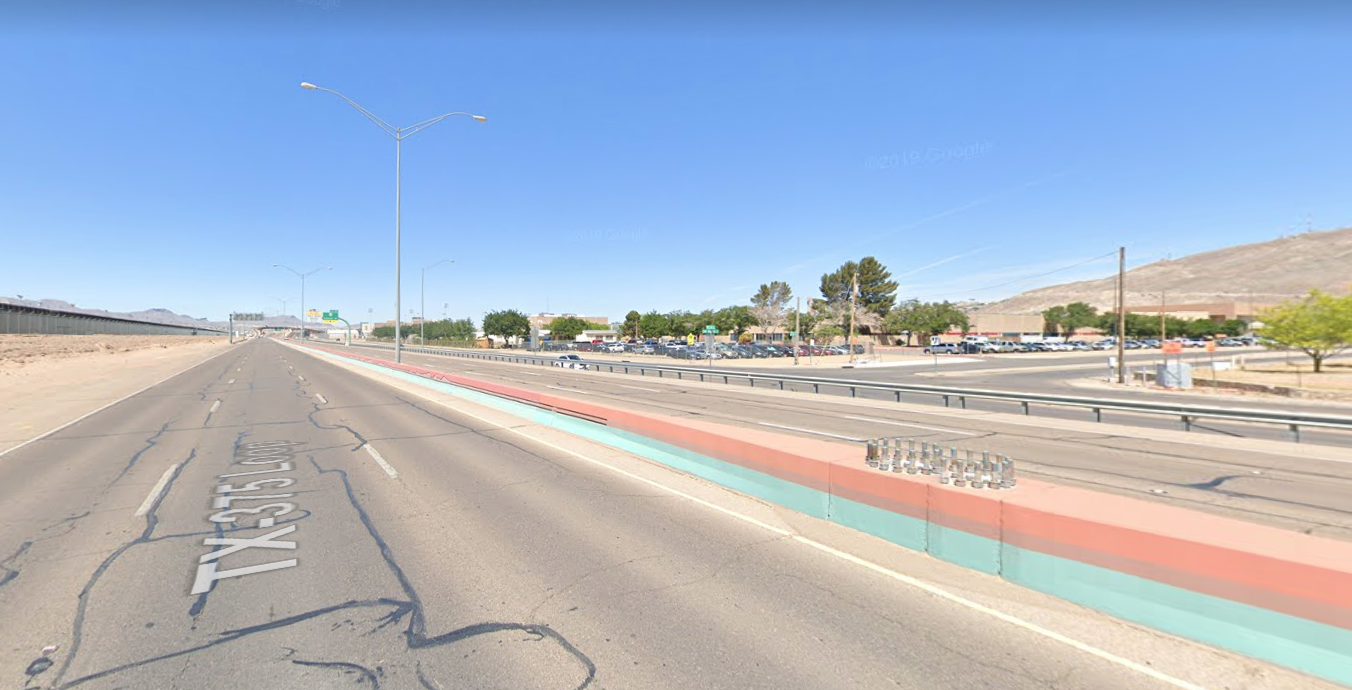 Everyone has heard a friend or loved one jokingly claim that everyone forgets how to drive when it rains. However, inclement weather or slippery and wet conditions can be a major danger to motorists, especially if there are many cars on the road. Every driver knows that when weather conditions are poor, driving with extra caution is crucial to ensuring your safety and the safety of others. Unfortunately, even with the utmost of caution, sometimes accidents inevitably happen.
Everyone has heard a friend or loved one jokingly claim that everyone forgets how to drive when it rains. However, inclement weather or slippery and wet conditions can be a major danger to motorists, especially if there are many cars on the road. Every driver knows that when weather conditions are poor, driving with extra caution is crucial to ensuring your safety and the safety of others. Unfortunately, even with the utmost of caution, sometimes accidents inevitably happen.
In a recent news report, a tragic weather-related car accident left two Texans dead and one injured. The young driver and her passenger were both killed when their vehicle was hit head-on by a pick-up truck. According to officials on the scene, the pick-up truck was driving when it began to hydroplane and was sideswiped by another large vehicle, causing the pick-up truck to hit the deceased’s vehicle head-on. The driver of the pickup truck was taken to a local hospital on an ambulance because an air ambulance and helicopter was unable to fly due to the inclement weather. Officials on the scene reported that the accident was both a result of the weather and because of the hydroplaning of the responsible party’s pick-up truck.
In Texas, the weather is notoriously unpredictable. If you are involved in a vehicle collision, there are certain legal defenses that you should be aware of before initiating a claim. Some potential main defenses include:
 Texas Injury Lawyers Blog
Texas Injury Lawyers Blog


 For many, a car serves as the primary method of transportation on a daily basis. However, no matter how careful someone is while on the road or how skilled they are at driving, other motorists who do not follow the traffic laws pose a significant threat. When others are careless and cause accidents or even fatalities to occur on the road, those who are responsible can be held accountable for their actions through a Texas personal injury lawsuit.
For many, a car serves as the primary method of transportation on a daily basis. However, no matter how careful someone is while on the road or how skilled they are at driving, other motorists who do not follow the traffic laws pose a significant threat. When others are careless and cause accidents or even fatalities to occur on the road, those who are responsible can be held accountable for their actions through a Texas personal injury lawsuit. We’ve all been distracted while driving at some point while navigating our vehicles. Whether it’s exhaustion from a full day of work causing you to doze off or an urgent phone call out of nowhere from the office, we’ve all had a moment where we’ve zoned out while driving. However, not everyone is fortunate enough to emerge from these situations safe and sound. Often, accidents occur as a result of drifting off or distracted driving, and can have enormous, disastrous impacts. When such accidents occur and tragedy strikes, those who cause them can be held responsible for their actions.
We’ve all been distracted while driving at some point while navigating our vehicles. Whether it’s exhaustion from a full day of work causing you to doze off or an urgent phone call out of nowhere from the office, we’ve all had a moment where we’ve zoned out while driving. However, not everyone is fortunate enough to emerge from these situations safe and sound. Often, accidents occur as a result of drifting off or distracted driving, and can have enormous, disastrous impacts. When such accidents occur and tragedy strikes, those who cause them can be held responsible for their actions. An accident is always inconvenient, and costly, as well as dangerous. If you’re in an accident, it’s important to first call 911 immediately for anyone who is injured. Your next step? Call
An accident is always inconvenient, and costly, as well as dangerous. If you’re in an accident, it’s important to first call 911 immediately for anyone who is injured. Your next step? Call 

